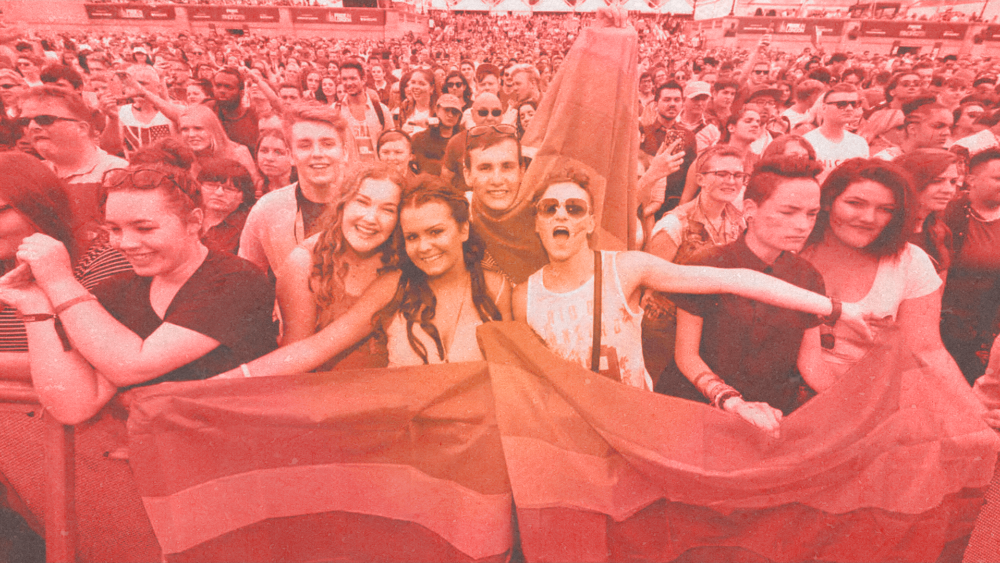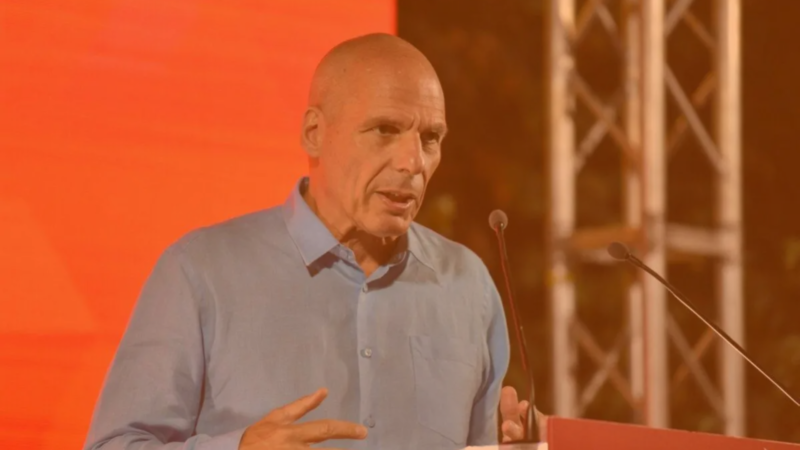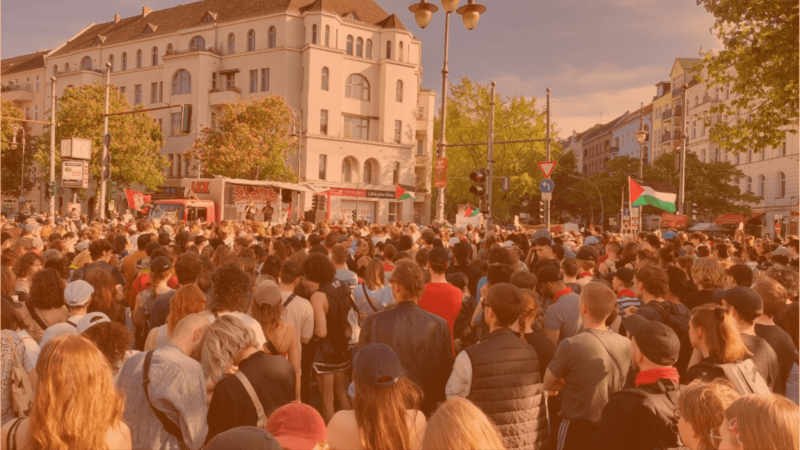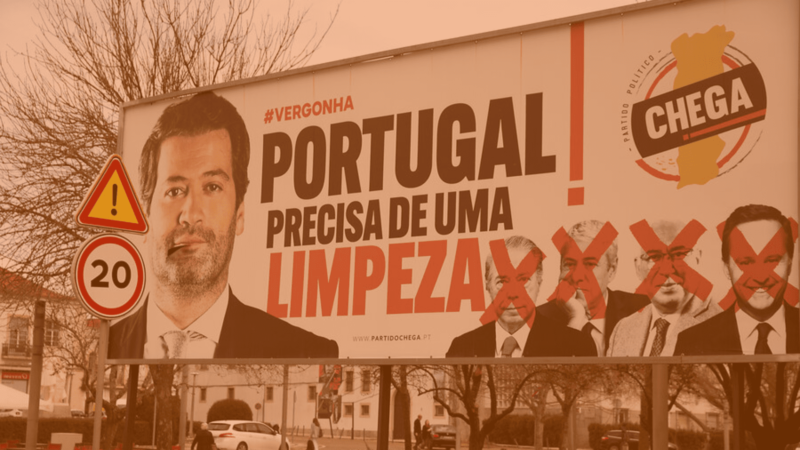June is LGBTQIA+ pride month, in memory of the 1969 Stonewall protests, when gay people and transvestites clashed with police for several nights in a row in Greenwich Village in the United States. At the time, the American legal system was openly anti-homosexual, while the police systematically carried out “raids” on gay bars, often violently. Stonewall was a bar that on the night of June 28, 1969, witnessed an uprising by the gay community that frequented that area.
The year after the riot, demonstrations took place in New York, Los Angeles, San Francisco and Chicago. Demonstrators walked for 51 blocks in New York City in what can be considered the first gay pride parade. The following year, the march to remember Stonewall would reach Europe, in London, Paris, western Berlin and Stockholm. These marches highlight a new moment in the LGBTQIA+ movement, in which these people begin to occupy the public space, to assume their sexual and gender identities. We are witnessing a growing and forceful development of this movement, with the emergence of several pro-LGBTQIA+ rights organisations and concrete changes in several legal systems around the world.
But not all the letters of the movement’s acronym count with the same progress and many of them have specific or autonomous needs and struggles. Those who imagine that the problems and specificities of each group in the LGBTQIA+ movement are the same have not yet paid attention to each acronym. Lesbian, gay, bisexual, transgender, queer, intersex, asexual and many other groups, have different social and political agendas.
The importance of a movement that unites the common demands of all these groups is fundamental, just as it is vital for each group to hold their own agendas in parallel. It is like joining forces on the whole, without forgetting each part.
The lesbian feminist movement
We thus want to highlight the importance of the lesbian feminist movement that denounces the double oppression suffered by women (here understood as people who identify with the female gender) who challenge heteronormativity by relating affectively and sexually with other women. This double oppression reveals two problems: the misogyny present in the patriarchal system and homophobia.
About the first oppression, we have little to say in the week in which the United Nations report (UNDP), once again, showed prejudice against women at unacceptable levels, such as “90 percent of the world population has some prejudice against women” or 25 percent of respondents believe that it is justified to assault their partner.
On the second oppression, far beyond looking at homophobia alone, one must look at a sum (or resulting multiplication) of misogyny with homophobia, because the prejudices here work in tandem.
“Lesbians are not women,” Monique Wittig claimed in a 1980 article, causing a wave of protest and questioning in the feminist movement. Wittig argued that lesbians, by not being part of the heterosexual relationship, call into question the heteronormativity on which the patriarchal system and the construction of gender roles is based. For this author, the concept ‘woman’ would thus only apply within a heteronormative relationship, in which gender roles are distributed and in which there is a hierarchy of power. By escaping from this heteronormativity, lesbians also escape from the concept of gender to which they would be condemned from birth. Therefore, for the author, lesbians could not be considered women.
For, if they are not “women”, they are not what society expects from “women”, after all, lesbians do not procreate (in theory), they are not good for heterosexual marriage, they are not good mothers, “after all, they are good for nothing, they are a social waste”, is part of common sense. Thus, it becomes easier to understand how prejudices interrelate and multiply: woman + lesbian.
Lesbian feminism falls within the global feminist movement for equality among all feminised people, which currently recognises the intersectionality of the different layers of oppression to which bodies that do not fit into the hetero-patriarchal system are subjected.
However, lesbian feminism also REALISES the specific issues faced by lesbian, bisexual, trans and queer women within the context of LGBTQIA+ feminism and activism.
When misogyny and homophobia intersect, the LGBTQIA+ movement is not enough because it does not take this specificity into account, hence the importance of the LESBIAN FEMINIST MOVEMENT in fighting these forms of oppression together. This means fighting against gender violence directed at lesbian women, combating harassment in the workplace and claiming equal rights and legal protections for all women, regardless of their affective and sexual orientation. The movement is also concerned with the health and well-being of lesbian, bisexual, trans and queer women, including access to adequate health care, including specific care for sexual and reproductive health issues.
The main banner of lesbian feminism is the struggle for visibility and recognition of the experiences of lesbian women, whose voices and needs have been neglected and subalternised both in the feminist movement and in the struggle against homophobia in the LGBTQIA+ movements. Lesbian feminism seeks to amplify these voices and highlight the specific issues experienced by women who love other women.
This movement challenges heteronormativity, challenging gender norms and the roles assigned to women. It breaks with stereotypes of femininity and masculinity and advocates freedom of gender expression, rejecting the idea that a woman’s sexuality should be determined by male desire. The movement promotes the acceptance and celebration of the diversity of gender identities and sexualities, seeking to create a more inclusive and equal world for all people.
Manamiga – feminist school
MANAMIGA is a space for knowledge and feminist activism in Portugal that unites three axes of action: school, culture and community. We are building a feminist school in Portugal to form critical thinking, create practical wisdom and foster action.
Besides the school and our community, we are responsible for a feminist cultural agenda. We disseminate artistic work developed by women and/or dealing with the topics of the feminist struggle. We are intersectional ecofeminists.
Do you want to be informed of DiEM25's actions? Sign up here










